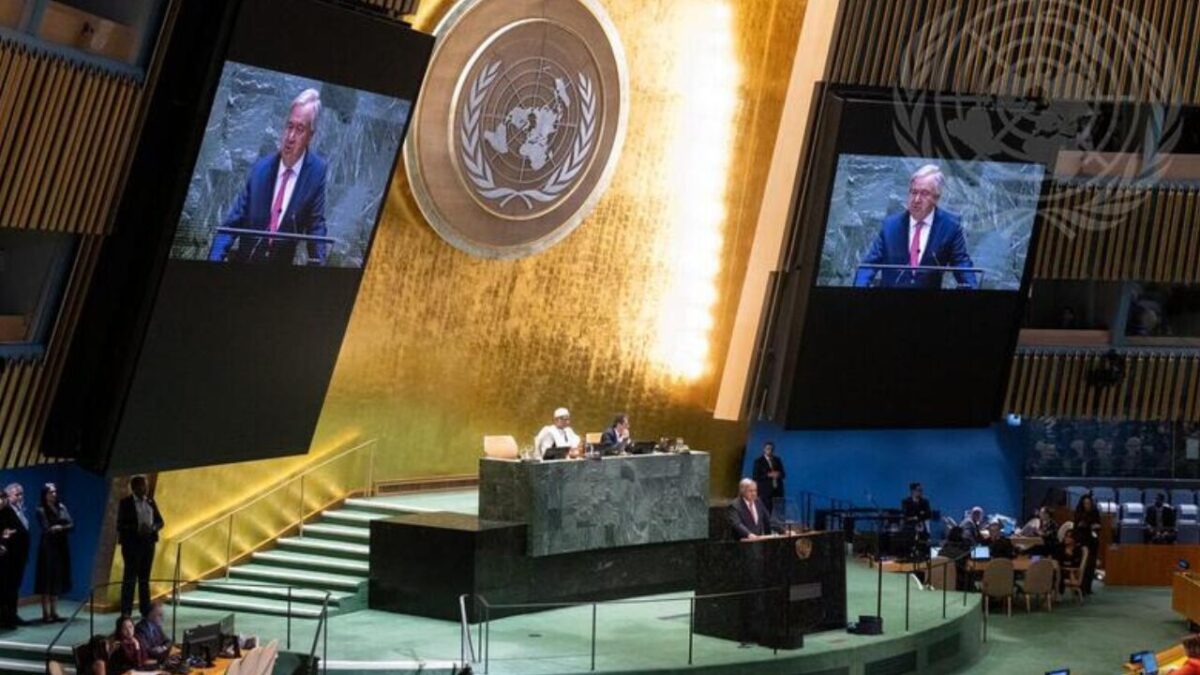The United Nations announced plans to hold a plenipotentiary conference in 2026 to negotiate a convention on crimes against humanity, following a resolution spearheaded by Mexico and The Gambia.
The proposal has garnered support from 86 member states, signaling broad commitment to advancing global standards for addressing these grave offenses.
Addressing the UN’s Sixth Committee, Naseer Ahmadi Faiq, Afghanistan’s representative, emphasized the pressing need for a codified international standard to prevent and punish crimes against humanity. He highlighted reports of severe violations in Afghanistan, which he argued “fit the definition of crimes against humanity.” Faiq stressed that any forthcoming convention should include explicit recognition of “gender apartheid.”
The resolution, introduced by Mexico and The Gambia, builds on draft articles adopted by the International Law Commission in 2019. “This is proof of the determination of our membership to move on to the negotiating phase,” Mexico’s representative said, underscoring the urgency of a legal framework to address such crimes.
This announcement comes as Afghan women and girls face escalating restrictions under Taliban rule. Recent decrees have prohibited women from appearing or speaking publicly, and barred girls and women from education and employment. The European Parliament recently passed a resolution condemning these policies, urging the EU to recognize the Taliban’s actions as “gender apartheid.” U.S. Special Envoy Rina Amiri echoed these concerns, noting that the Taliban’s policies are contributing to widespread mental health issues among Afghan women and girls.
During the Sixth Committee’s session on Thursday, delegates debated the path toward a legally binding instrument based on the draft articles. While there is substantial support, some nations expressed reservations and pointed out diverging views, indicating that the road to consensus may be challenging.





